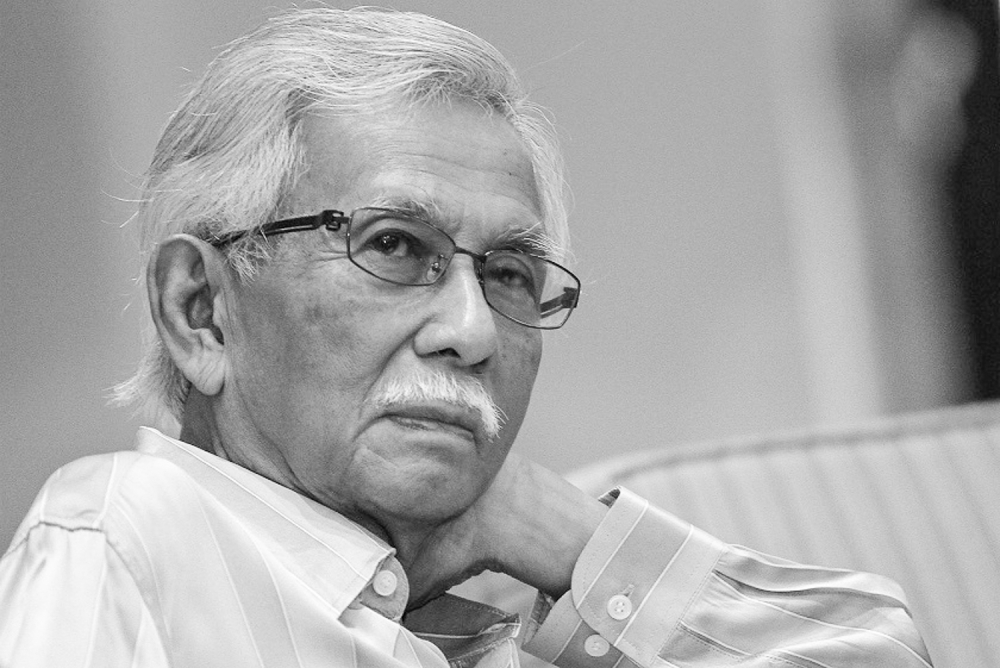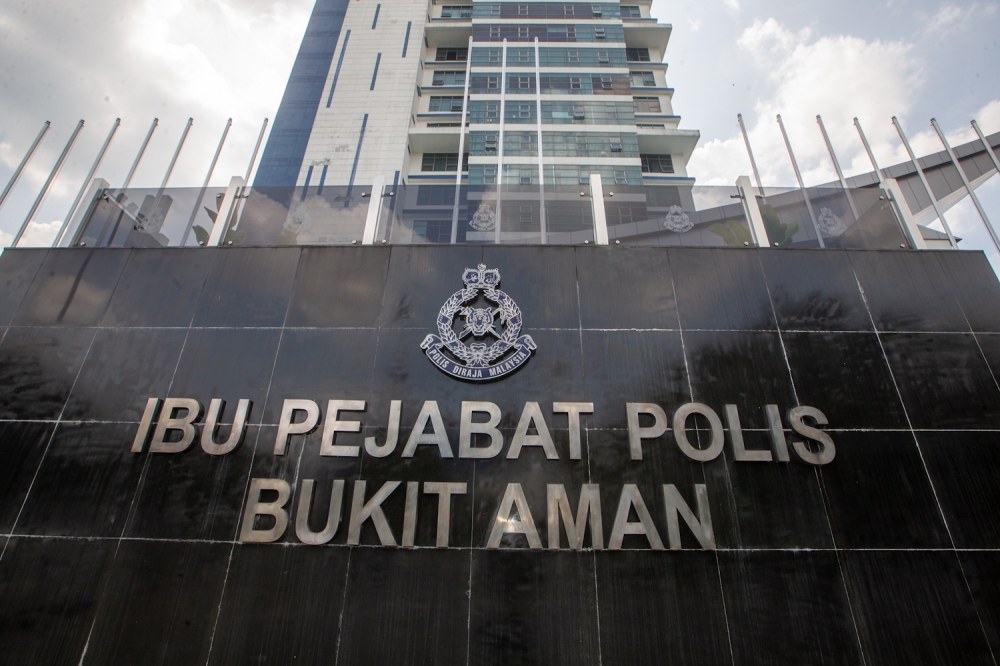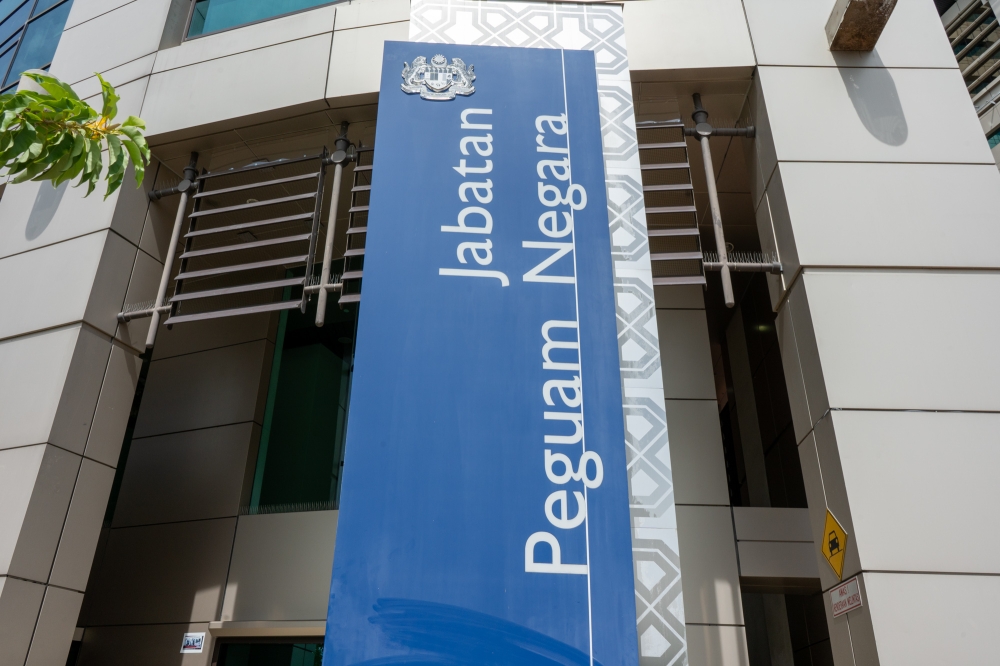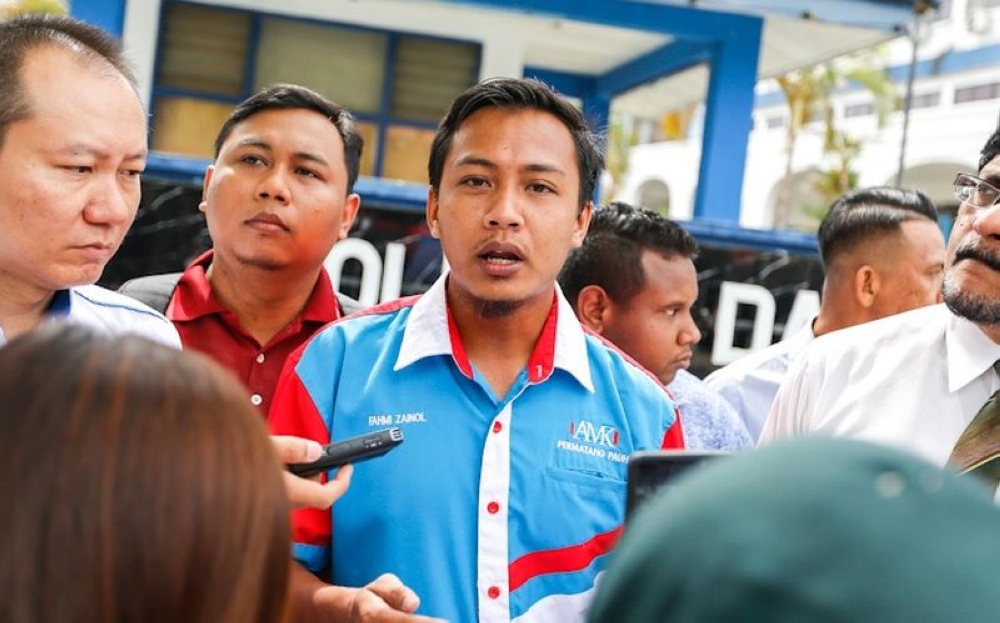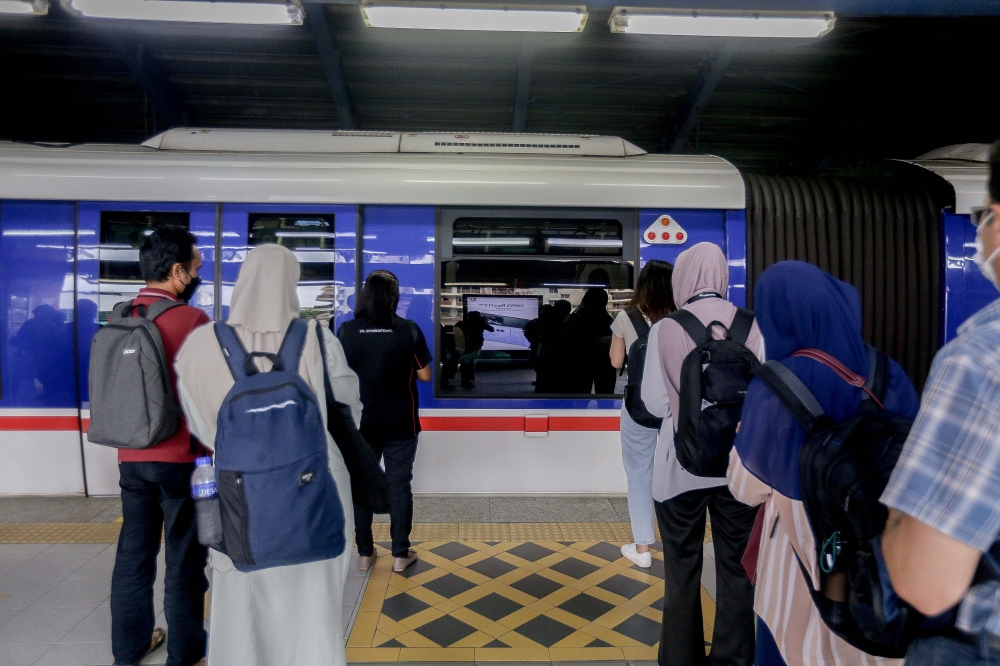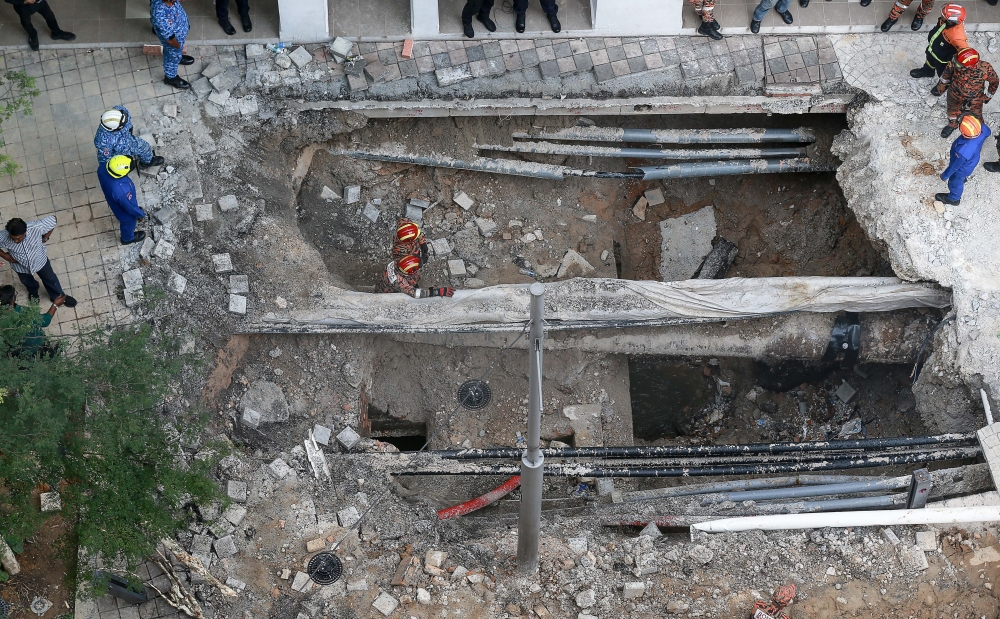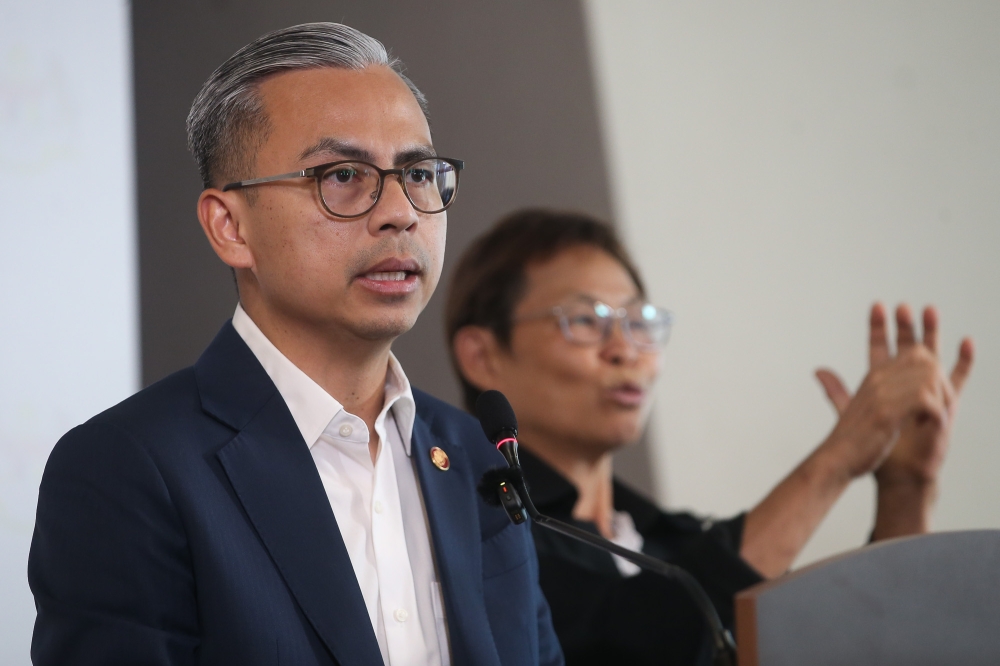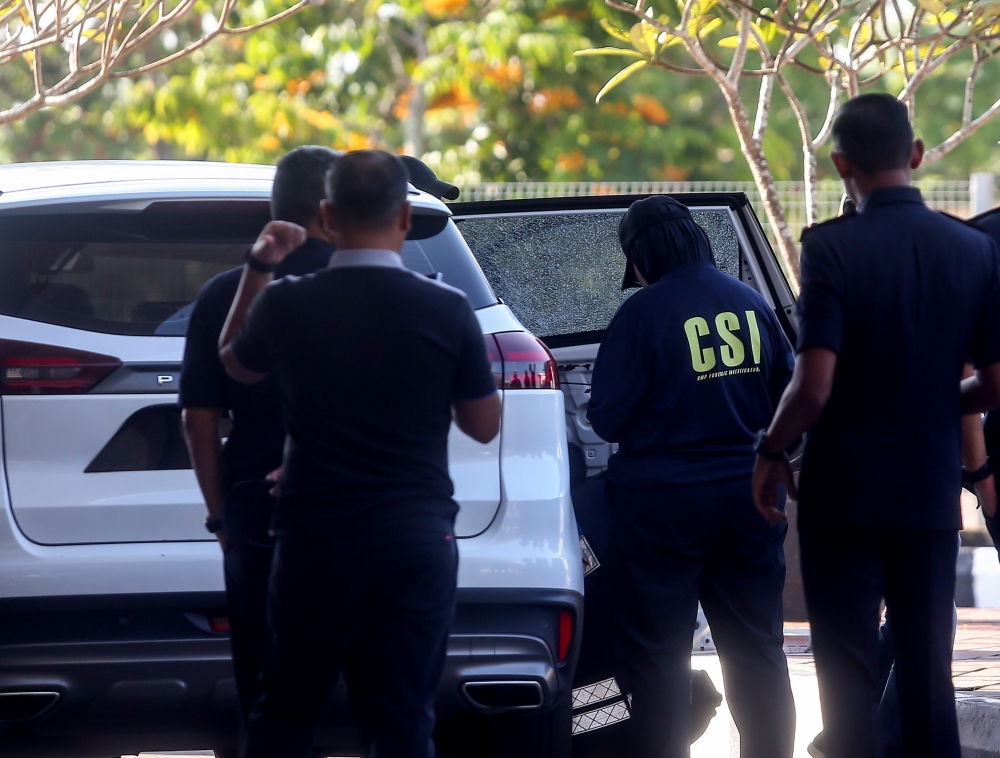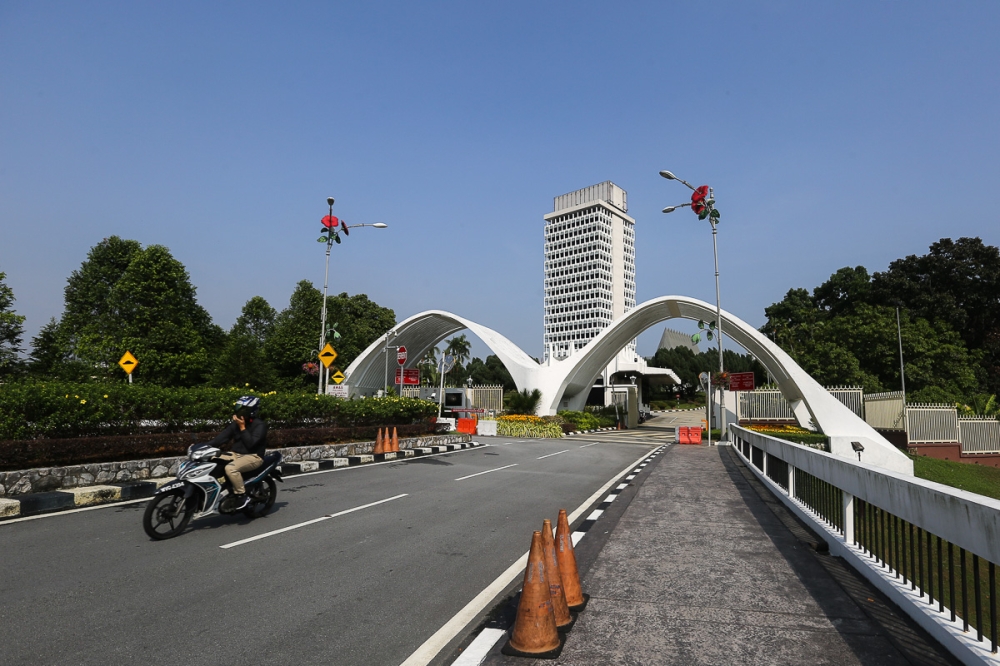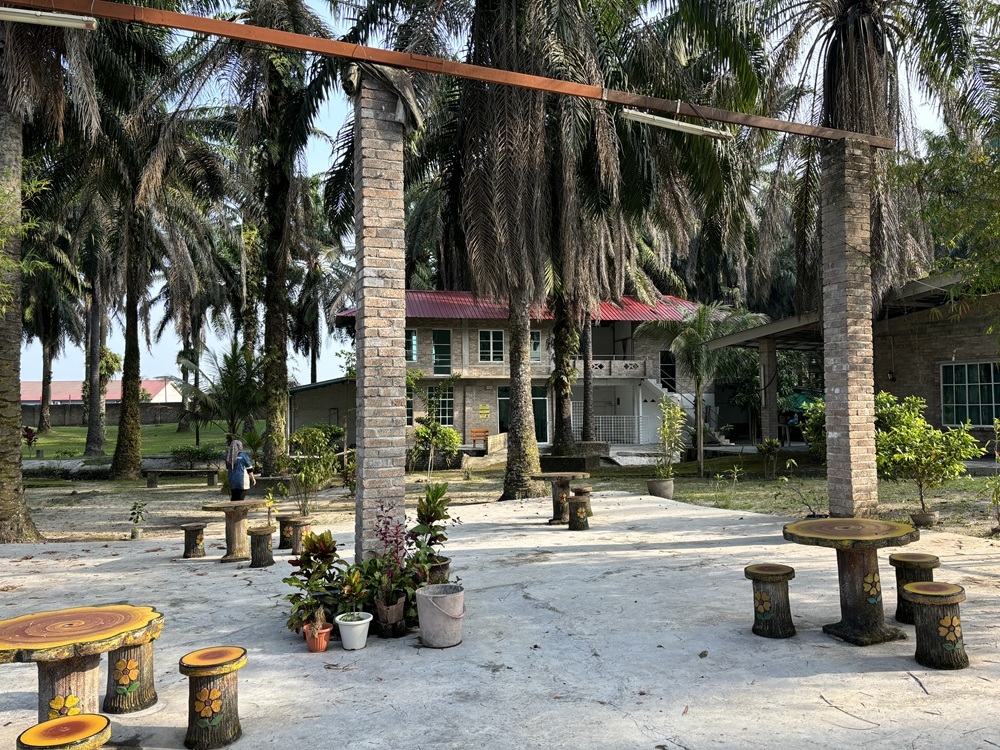APRIL 23 — The first movement control order (“MCO”) commencing from March 18, 2020 has been extended thrice via MCO Phase 2 from April 1, 2020 to April 14, 2020, MCO Phase 3 from April 15, 2020 to April 28, 2020, and again from April 29 to May 12 for MCO Phase 4. If the MCO truly ends on May 12, 2020, Malaysians would have been in a partial lockdown for a total of 56 days.
In the United States of America, President Trump is seen as instigating the citizens of various states under lockdown to “liberate” themselves from similar lockdown restrictions.
On Friday 24 April 2020, Muslims in Malaysia will begin the fasting of Ramadan and they will do so with various restrictions imposed under the MCO rules. This will include the prohibition of the congregational terawih prayers.
Malaysian Muslims unfamiliar with such restrictions may be influenced by the situation in the United States and other parts of the Muslim world to question the MCO. Fortunately, our muftis are united in issuing fatwas that support the government’s position that the preservation of life is paramount in Islam over its other rituals.
This article will demonstrate that Islam has been handling pandemics for more than 1,400 years since the time of Prophet Muhammad (pbuh). A closer look at the prophetic traditions and daily practices will show that infection control is inherent in Islam.
In the face of the Covid-19, the World Health Organisation (WHO) and our own Ministry of Health (MOH) have been consistent in educating people on home methods to curb the spread of the inimical coronavirus. In parallel, these hygiene practices are reflective of those taught and propagated by Prophet Muhammad and the subsequent practices by Muslims which subsist until the present day.
With Islam being the official religion of the Federation, this article seeks to observe the nexus between the MCO implemented by the government from the lens of Islamic jurisprudence.
Islamic Law
The main sources of Islamic law are the Quran, the sunnah (Prophetic traditions and practices), Ijma and qiyas (ruling by analogy).
An example of qiyas is the prohibition of intoxicant originally applicable to liquor consumption to substance abuse in modern times. The dynamism of Islamic law makes it capable to address newer problems in modern societies.
Early Islamic history recorded recurrence of plague (taun) in the Middle East which began from the Plague of Justinian in the 6th century where approximately 10,000 people fell victim every day in the city of Constantinople (modern day Istanbul). This was followed by the infamous Black Death plague that broke out in mid-14th century which caused uncountable deaths only capable of estimation.
The 21st century has since seen many other viral outbreaks such as the SARS, Ebola and Zika. The recent global spread of the novel coronavirus was declared by WHO as a pandemic. In the absence of vaccines, the coronavirus may come as perplexing to the masses.
However, tucked between the pages of the Quran and the daily practices of the Prophet are some guiding principles on infection control.
Hygiene as an act of faith
Practicing hygiene routine is inherent in Islam. The Quran teaches that there is a nexus between physical cleanliness and spiritual purity. Allah decrees that He loves those who turn to Him [repenting] and those who keep themselves clean and pure (Al-Baqarah: 223).
Rooted in the daily life of Muslims are a number of regulations involving cleanliness. The ritual washing through ablution before prayers, the common act of taking off one’s shoes before entering home or the mosque and self-regulated hand washing before eating are few examples which demonstrate the importance of hygiene in Islam.
The Prophet Muhammad said that cleanliness is half of faith. He was committed to a high standard of hygiene in his daily practices as early as the 7th century. This has now come into full circle with the recent heightened alert on the need to keep clean and to increase the frequency of proper hand washing.
Plague
WHO and MOH are pounding on the need for isolation to curtail the spread of the coronavirus. Such concept was already recognised during one of the most notable calamities in Islamic history — the Amwas plague (taun Amwas) during the time of the Caliphate Umar ibn Al-Khattab. Prophet Muhammad, before his death, had prophesised this and that the outbreak would strike and decimate thousands of Muslims including the Companions.
History bore testimony to this prophecy when the Amwas plague raged across the administrative centre of Sham (Greater Syria) and claimed the lives of thousands including hundreds of the Prophet’s companions. The Caliph Umar who wanted to enter the town of Amwas to oversee the rescue operations was advised against it by other companions who reminded the Caliph to the words of the Prophet:
“If you hear that it (plague) has broken out in a land, do not go to it; but if it breaks out in a land where you are present, do not go out escaping from it.” — (Sahih al-Bukhari)
It is noteworthy that the Prophet had taught Muslims to recognise the concepts of contagion and isolation long before the idea of quarantine emerged in the 14th century during the Black Death outbreak. The prohibition of flight was indeed to prevent the spread of contagious disease and virus.
Preservation of life is paramount
The sanctity of human life and the ubiquitous promotion for the preservation of life in the verses of the Quran are hallmarks of Islamic teachings (see Al-Maidah: 32; Al-Isra’:33; Al-Furqan: 68). During this unprecedented time, the threat of the Covid-19 may be seen as a means of test to mankind.
The verses of the holy Quran often reminds that calamity shall befall believers as a means of test (Al-Baqarah: 155-157). Calamities do not distinguish the good from the bad or the rich from the poor. When stricken with tribulation, the Quran reminds us to patiently persevere and to provide support to one another (see Al-Baqarah: 155-157; Al-Imran: 200; Al-Hud: 115).
It is imperative that the cardinal principle of preservation of life is observed in times of pandemic. Islam requires Muslims to be responsible and to do their part to avoid from a position of harm. It is a part of imaan (faith) and tawakkal (acceptance) for Muslims to take practical measures to safeguard human lives. This principle and the duty to uphold it are not time-specific and must therefore be taken to be immune towards the test of time.
Islam is not rigid. It is amenable to changes to suit the evolution of time, even to the extent of changing the ritualistic manner of performing prayers. A hadith narrated by Abu Hurairah (ra) demonstrated that on a cold or rainy night when it becomes impossible for a person to go out, the muezzin could change the call of prayer to allow people to pray at home instead of at the mosque. This is especially applicable for the terawih prayers during the coming Ramadhan.
In fact, as a result of the Covid-19 crisis, this is now seen where the rhythmic call of prayer has been tweaked, in accordance with that hadith, from “come to prayer” to “pray in your homes”. The wisdom behind this is none other than to refrain Muslims from attending congregational prayers and risk the spread of coronavirus.
Regrettably, there is still a fraction of the Muslim community who do not resonate with this wisdom. Recently, a video of Muslim Indonesians crashing the gates of a mosque in Kalimantan had gone viral. In ignoring the severity of Covid-19 and in defiance of the Indonesian government’s lockdown order, this fraction of the community insists that Friday congregational prayer must continue even in times of pandemic, in fear of apostasy.
In stark contrast, such thoughts are counter-intuitive with Islamic principles and prophetic teachings. With Ramadhan inching closer, some may think that it is righteous to continue convening for terawih despite the pandemic. But Islam as taught by Prophet Muhammad is a practical faith and the prophetic teachings assert that when confronting an outbreak, Muslims must further themselves from detriment and not be drawn towards it.
As is the case with the Covid-19, the introduction of the MCO to slow down the spread of the outbreak is congruous with the wholesome reading of Islamic law and teachings. The need for isolation to prevent the community from being compromised is the very foundation for the extensions of the MCO period as announced by the Prime Minister two weeks ago.
The paramount consideration by the government that the safety of the people must be safeguarded resonates with Islam’s cardinal principle of preservation of life.
From an Islamic perspective, it is important for Muslims to accept and observe compliance towards the MCO in the collective fight against Covid-19. In closing, a powerful verse from Al-Maidah serves as a compass:
“Whoever causes the death of one life, it is as if he causes the death of mankind, and whoever saves a life, it is as if he has saved the whole of mankind.” — 5:32
* Rosli Dahlan and Dayana Najwa are senior partner and lawyer respectively, at law firm Rosli Dahlan Saravana Partnership. Rosli heads the corporate and commercial disputes practice group with a pre-eminent reputation in the resolution of the most complex, high value and high profile disputes. Dayana is a lawyer practising in the same area where she is regularly involved in public and administrative law matters.
** This is the personal opinion of the writer or publication and does not necessarily represent the views of Malay Mail.


